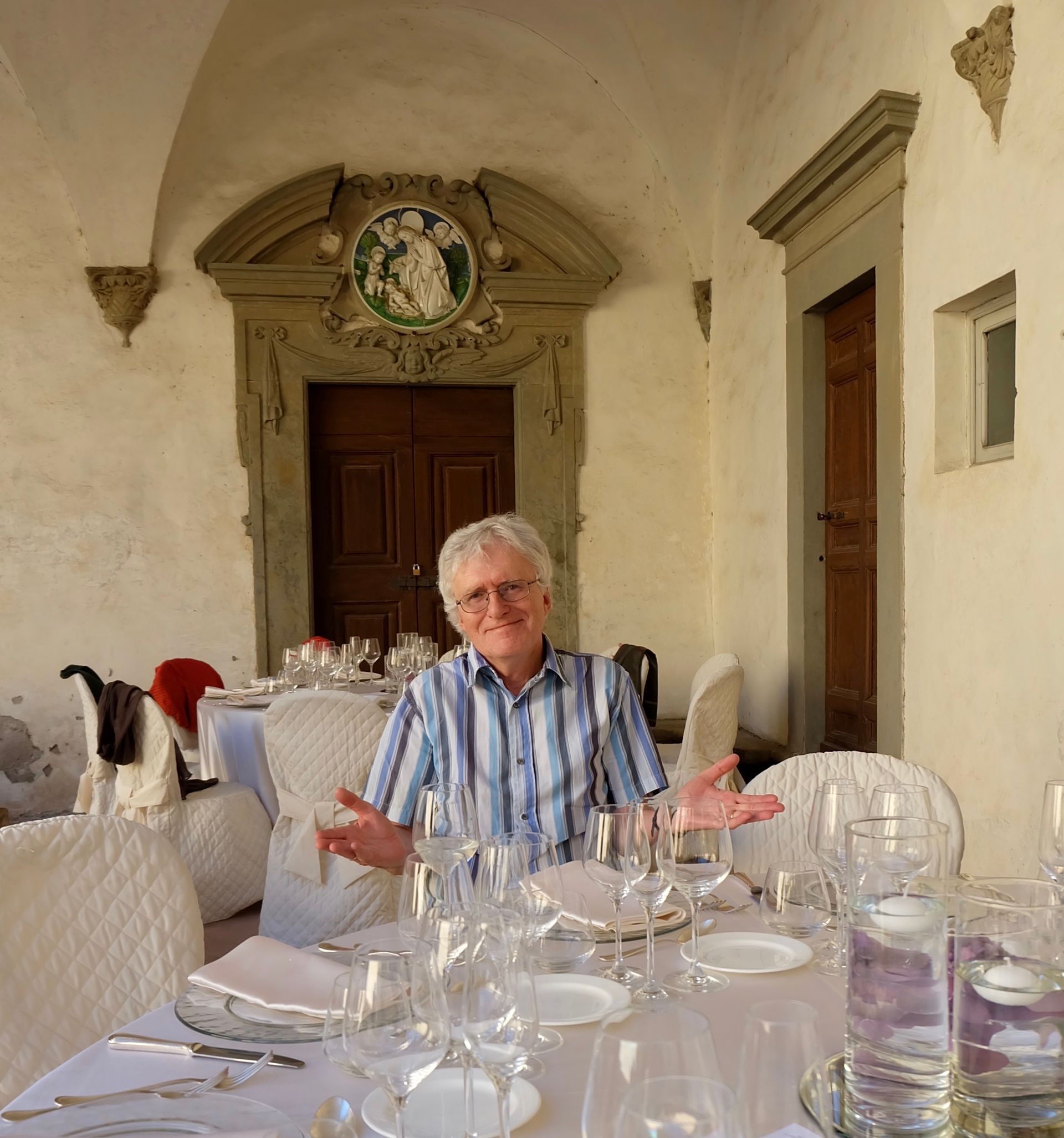Le XI Giornate della traduzione letteraria, Urbino
Brigid Maher La Trobe University
I was lucky enough this month to attend the XI Giornate della traduzione letteraria in Urbino. This is an annual event dedicated to the practice and profession of literary translation, organized by Stefano Arduini and Ilide Carmignani.
The keynote address, “Tradurre lo stile nell’era della globalizzazione”, was by author, translator and academic Tim Parks. Using examples from the writing of a number of modernist writers, he showed how close analysis often reveals unusual turns of phrase that are difficult to reproduce in Italian (and that in fact are often normalized to some degree in translation). A word like unrestfully (which appears in The Great Gatsby ) has complex connotations and a slightly odd quality that make it very difficult to transfer into another language. Parks suggested that as a result of living in an era of globalization, novelists might be beginning to write with one eye on ease of translation, avoiding the kind of language and cultural content that might cause headaches for international audiences. The only ones apparently immune might be American writers who can and often do expect their audiences to have a wide knowledge of numerous cultural artefacts and references appearing in their work.
An entertaining seminar on “Il linguaggio dei sensi: le scene di sesso nella traduzione di un romance storico” was presented by Alessandra Roccato of Harlequin Mondadori. The participants, mostly novice translators, were surprised to learn how much manipulation is accepted, indeed considered essential, in taking an Anglophone romance novel across into the Italian market. Certain types of description are avoided or rephrased; cuts are made. The translators and editors working in this sector know their market well and they know what does and does not appeal.
For example, American readers will turn a blind eye to anachronisms in historical romance novels, but Italian readers will write in to the publisher to complain about such oversights. Le lettrici italiane are also put off by realistic but unromantic details like his and her teeth accidentally clacking together during a kiss! And they like more lexical variety in a scene, meaning that more ways need to be found to describe the sensuous goings-on. All this led to earnest discussions of Italian equivalents for “clefts”, “creases” and “innermost folds”, “darting tongues” and “worlds exploding” (this latter expression deemed far too cliché for the Italian rosa readership to accept).
Anna Mioni, translator and literary agent spoke about the changing world of publishing in the electronic age. In her seminar, entitled “Le sfide per il traduttore in un’editoria che cambia: di e-book e altre modernità”, she emphasized the flexibility e-books offer publishers, writers and translators. For one thing, they eliminate the tragic phenomenon of remainders (she described the poignant moment in which remaindered copies of a new title arrive back at the publishing house). Painstaking typesetting will be a thing of the past too. The opportunities for electronic and online publishing were discussed in a number of other seminars as well, and the audience of young aspiring translators was clearly interested in exploring these innovative avenues. Questions of copyright and piracy are a concern to many but Mioni advocates open access and the removal of rights management restrictions so as to allow us to use the goods we purchase however we like (and on the assumption that no matter how sophisticated the anti-piracy software, pirates will soon find even more sophisticated ways of getting around it).
Giovanna Schocchera, a prolific translator from English as well as a translation theorist, spoke on the topic “Che cos’è la revisione? Un percorso conoscitivo fra teoria e pratica professionale”. She presented the preliminary findings of a study investigating the training and practical experience of those engaged in literary translation and in the checking and revising of others’ translations. Best practice would be for publishers always to engage a specialist translator-revisor to carefully check and revise the translations submitted, but in reality, this step is skipped all too often due to time or financial restrictions, meaning translators have to self-revise. At the very least, skills in checking and revision should be taught as part of translation degrees so that young translators are equipped for the reality of the industry.
Other presenters gave seminars on the translation of tourist guides, children’s literature, the classics, and even the untranslatable. There were roundtables on the state of the industry and, importantly, its future, as well as instructive seminars providing budding translators with important advice on contracts, legal obligations and union membership.








